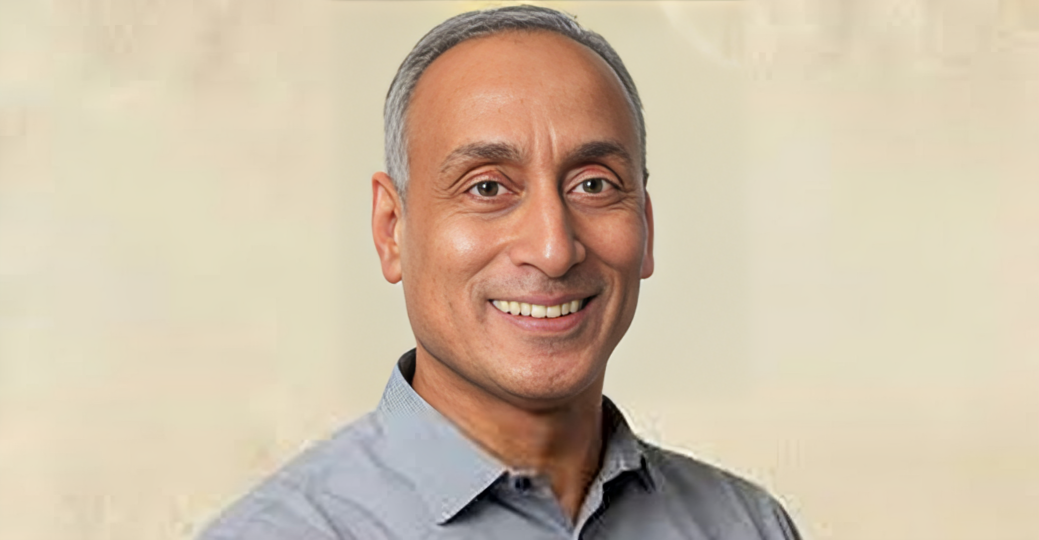
Google names new chief technologist amid AI push


In a major reshuffle to lead in the artificial intelligence (AI) era, technology giant Google has elevated Prabhakar Raghavan, who was leading search engine and ads products, to the role of Chief Technologist and his roles have been transferred to Nick Fox, a long-time executive at the company. With both executives having strong backgrounds in AI, this restructuring aims to accelerate Google’s progress in the segment.
Sundar Pichai, CEO of Google said, “After 12 years leading teams across Google, Raghavan will return to his computer science roots and take on the role of Chief Technologist. In this role, he’ll partner closely with me and Google leads to provide technical direction and leadership, and grow our culture of tech excellence. Fox will be stepping up to lead K&I (Knowledge & Information) team, which includes Search, Ads, Geo, and Commerce products.”
Raghavan previously had been leading Research, Workspace, Ads, and K&I over the past few years. He led the Gmail team in launching Smart Reply and Smart Compose Across K&I, he and his team achieved significant growth and innovation, from launching AI Overviews to introducing new search modalities like Circle to Search, video understanding, and "shop what you see" in Lens, the company noted.
Fox, over the past few years, has been instrumental in shaping Google's AI product roadmap and collaborating closely with Raghavan and his leadership team on K&I's strategy. He contributed to the launch of products such as Google Fi and RCS messaging and will take over leadership of the search and ads divisions.
Google noted that to keep increasing the pace of progress in AI, it has been making shifts to simplify structures, including the creation of Google DeepMind and the joining of the Platforms & Devices teams.
The company said that the Gemini app team led by Sissie Hsiao will join Google DeepMind under Demis Hassabis, co-founder and CEO of DeepMind.
According to the company, bringing the teams closer together will improve feedback loops, enable fast deployment of new models in the Gemini app, make post-training work proceed more efficiently and build on its great product momentum.
With the latest CXO movements, the company aims to strengthen its race in AI amid surging competition. Google also is helping doctors use AI to detect diabetic retinopathy, with 600,000 screenings and counting.
Not just Google, but global giants such as IBM, Microsoft, AWS, Oracle, Nvidia, Cisco and others as well as nearly every critical sector or industry rely on AI to perform specific tasks that are difficult for humans to complete. This includes applications from streamlining operations to informing better decision-making. By using AI tools and applications, hiring top leadership and strategic acquisitions, these companies are racing ahead to increase AI innovation and profitability.
Two days prior the head of AI research at its rival company Microsoft left the company to join privately held OpenAI. Sebastien Bubeck, who had been vice-president of GenAI research at Microsoft, is moving to OpenAI so that he can focus on developing artificial general intelligence (AGI), which is the point at which technology surpasses human intelligence. While his new role at OpenAI is currently under the wraps, Microsoft said that it plans to continue working with Bubeck given the tech company’s close relationship with OpenAI.
To date, Microsoft has invested more than $10 billion US into OpenAI and uses the start-up firm’s technology in its Bing search engine and in other areas of its business.

